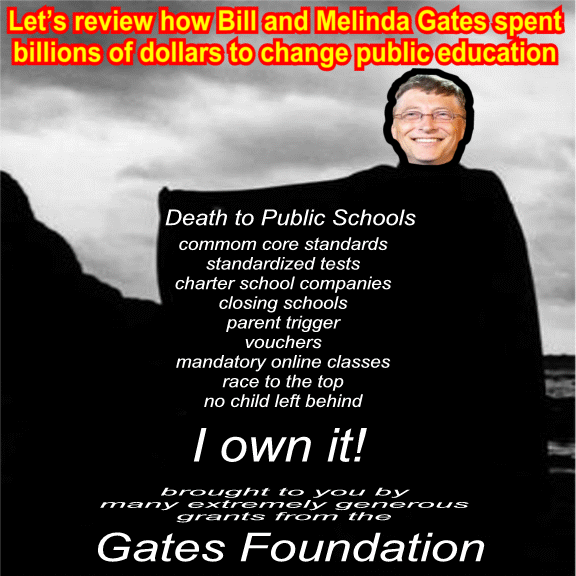Biden angers supporters who wanted him to curb standardized testing - The Washington PostOne month in, Biden angers supporters who wanted him to curb standardized testing
In December 2019, Joe Biden appeared at an education forum and was asked if he would commit to ending standardized testing in public schools if elected president. His answer was surprising — given that the Obama administration, in which he served as vice president, made testing a central part of its controversial education agenda.
“Yes,” Biden said. “You are preaching to the choir.” He said that evaluating teachers by student test scores — a feature of President Barack Obama’s overhauls — was “a big mistake” and that “teaching to a test underestimates and discounts the things that are most important for students to know.”
Critics of high-stakes testing took heart in his response and hoped he would diminish the importance of the standardized tests that federal law requires states to give annually to hold schools accountable for student progress. An early indication of that would be whether he would do what Betsy DeVos, President Donald Trump’s education secretary, did in 2020 as the coronavirus pandemic was beginning: allow states to skip them.
Now, a month into the Biden presidency, the Education Department announced this week that states must give the exams — although with some flexibility about how to administer them and use the scores. (An Education Department spokesperson said Miguel Cardona, Biden’s nominee for education secretary, did not participate in the decision.)
Specifically, states were told they could shorten the exams, administer them remotely or give them later in the year. States were also offered flexibility with how they use test scores, which has included for teacher evaluation, school grades and graduation requirements. And the department said it would work with individual states to address their unique circumstances, suggesting further flexibility.
At least nine states have asked the Education Department for permission to skip the exams and more than 20 have asked if they could refrain from using the test scores for accountability purposes, according to a department spokesperson. Now they and other states that want flexibility from federal law will enter into negotiations with the department, which is expected to be led by Cardona if he is CONTINUE READING: Biden angers supporters who wanted him to curb standardized testing - The Washington Post





























